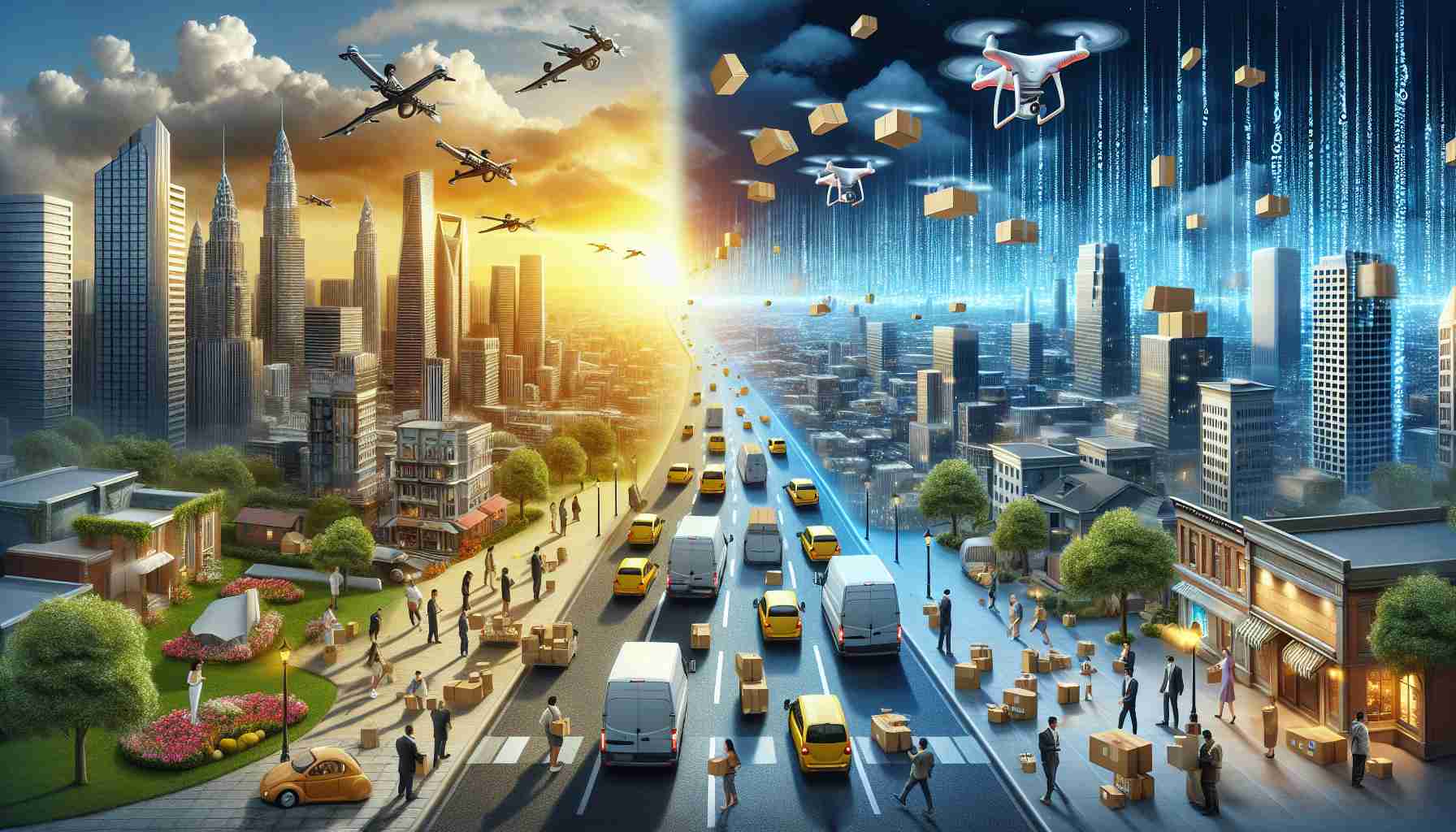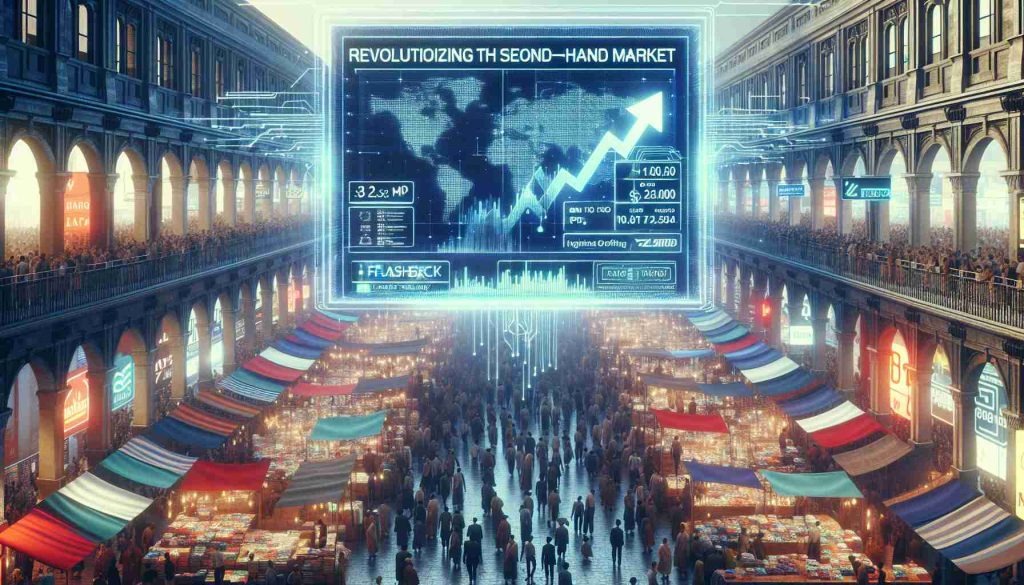In today’s rapidly changing digital marketplace, consumers now find themselves overwhelmed with choices when ordering coffee or other food items online. Previously, options were limited to a few platforms, but a surge in online retailers and social media services has transformed the delivery sector. Promotions featuring attractive price points, such as “9.9 yuan,” complicate consumers’ decisions. Major players like Meituan and Ele.me have excelled in this instant retail market, prompting internet giants such as JD.com and Douyin to seek their own slice of this lucrative pie.
With a focus on delivering value, various platforms have emerged to entice customers. Taking coffee as an example, traditional platforms like Meituan and Ele.me offer a wide range of brands, including exclusive partnerships with niche companies. On the other hand, newcomers have limited offerings. JD.com stands out with its enticing “9.9 yuan free delivery” policy, making it attractive for consumers who wish to order single items without exceeding budgets.
Each platform aims to carve a niche through speed and service innovation. JD’s promise of delivery within as little as nine minutes showcases its commitment to efficiency. Meanwhile, Meituan has introduced quick delivery options and drone services. This evolution signals a burgeoning battlefield for market dominance in the instant retail landscape, with both seasoned and new players racing to adapt to consumer preferences and enhance user experiences. As competition heats up, the future remains uncertain, with only time revealing which platforms will ultimately succeed.
The Evolving Landscape of Online Delivery Services
The explosion of online delivery services has revolutionized consumer habits, changing the way people shop for food, groceries, and other products. With a diverse array of platforms and options available, navigating this landscape can be both exciting and daunting for consumers and businesses alike.
What are the key drivers of growth in the online delivery sector?
Several factors have fueled the rapid expansion of online delivery services. The COVID-19 pandemic accelerated the shift to online shopping, with many consumers now accustomed to the convenience of having items delivered directly to their homes. Additionally, advancements in technology, such as mobile apps and GPS tracking, have enhanced user experiences, making it easier than ever to place orders and receive updates.
What are the major challenges facing online delivery services?
Despite their growth, online delivery services face several challenges. One significant issue is the sustainability of delivery operations. The rise in demand for rapid delivery has led to increased traffic congestion and emissions, prompting many companies to seek greener alternatives. Furthermore, labor shortages and rising wages can impact service efficiency and delivery times, leading to operational strain.
Are there controversies surrounding online delivery services?
Yes, several controversies have emerged in this rapidly evolving sector. Issues related to worker rights and conditions are at the forefront, as many delivery workers are classified as independent contractors, often facing precarious working environments. Additionally, concerns over food safety, particularly regarding contactless delivery during the pandemic, have prompted discussions regarding regulations and standards in the industry.
What are the advantages of using online delivery services?
The benefits of online delivery services include unmatched convenience, a broader selection of products, and the ability to compare prices across platforms. Consumers can access various food options and retailers without leaving their homes, enhancing the overall shopping experience. Furthermore, many platforms offer personalized promotions and discounts, enticing users to place orders.
What are the disadvantages?
However, there are drawbacks to reliance on online delivery services. These can include higher prices associated with delivery fees, potential for food quality issues during transport, and the risk of errors in order fulfillment. Additionally, the potential environmental impact of increased delivery vehicles on the road cannot be overlooked.
Future Outlook
As online delivery services strive to adapt to evolving consumer expectations and environmental challenges, innovations such as autonomous delivery vehicles and partnerships with local businesses may play a crucial role in shaping the future of the industry. Companies will need to address ongoing controversies and operational challenges to maintain their competitive edge in a market characterized by rapid change and fierce competition.
For further insights into the world of online delivery, visit Forbes or TechCrunch.
























